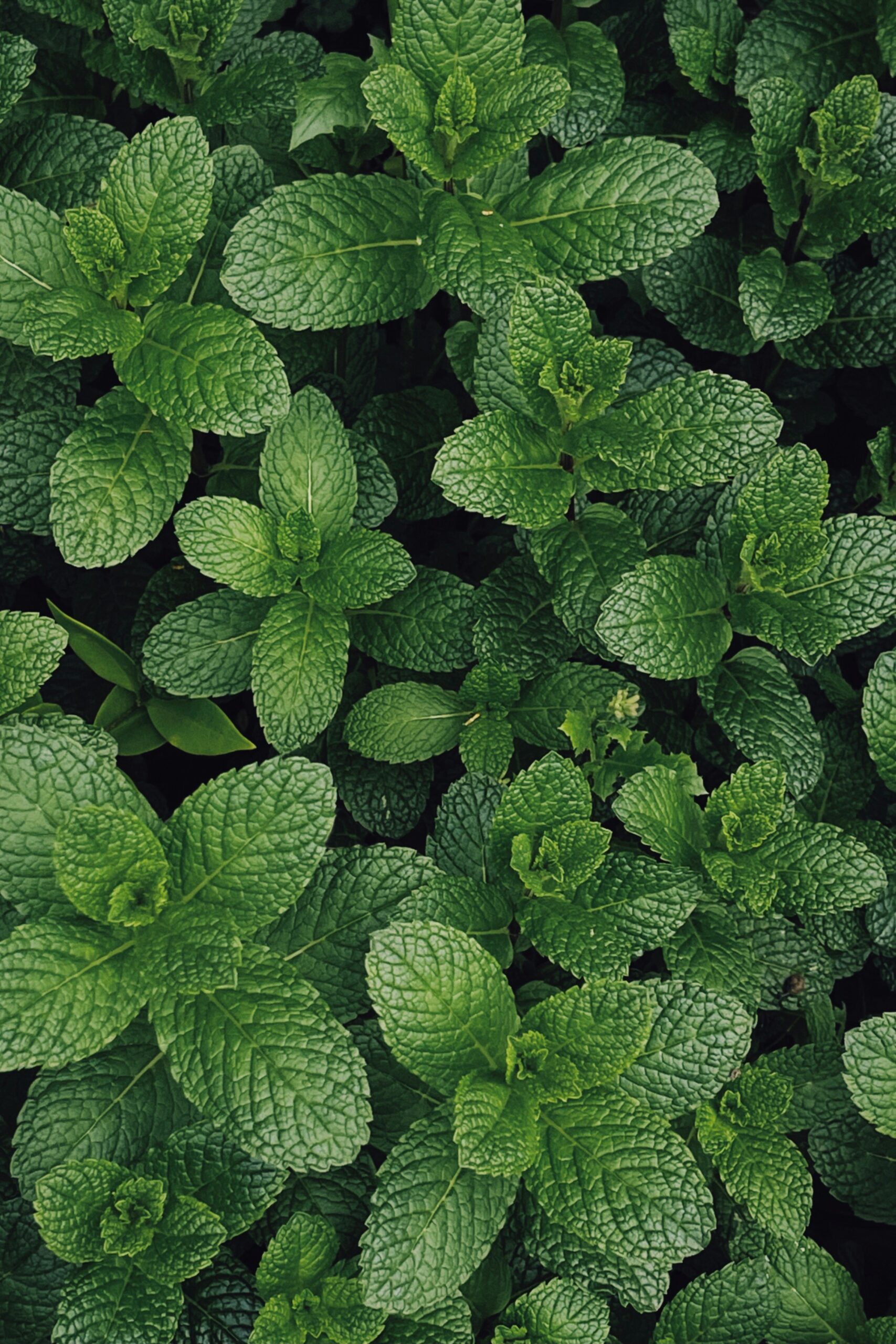Complete Guide to Medicinal Plants and Their Health Benefits
The Importance of Medicinal Plants
Medicinal plants have been used for centuries to treat various ailments and improve overall health. These plants contain natural compounds that have therapeutic properties and can be used to prevent and treat diseases. In this guide, we will explore some of the most common medicinal plants and their health benefits.
1. Aloe Vera
Aloe vera is a succulent plant that is well-known for its healing properties. It is commonly used to treat burns, wounds, and skin conditions such as eczema and psoriasis. Aloe vera gel can be applied topically to soothe and moisturize the skin. It also has anti-inflammatory and antimicrobial properties, making it an effective treatment for acne and other skin infections.
Additionally, aloe vera can be ingested to promote digestive health. It can help relieve constipation, improve nutrient absorption, and reduce inflammation in the digestive tract. Some studies have also suggested that aloe vera may have anticancer properties and can help boost the immune system.
2. Turmeric
Turmeric is a spice commonly used in Indian cuisine, and it is also a powerful medicinal plant. It contains a compound called curcumin, which has antioxidant and anti-inflammatory properties. Turmeric has been used for centuries to treat various conditions such as arthritis, digestive disorders, and skin problems.
Curcumin is known to reduce inflammation in the body, which can help alleviate symptoms of chronic diseases such as arthritis and inflammatory bowel disease. It also has antioxidant properties, which can protect the body against damage from free radicals and reduce the risk of chronic diseases such as heart disease and cancer.
3. Peppermint
Peppermint is a popular herb that is known for its refreshing aroma and taste. It has been used for centuries to relieve digestive issues such as indigestion, bloating, and irritable bowel syndrome (IBS). Peppermint contains menthol, which has antispasmodic properties and can help relax the muscles of the gastrointestinal tract.
In addition to its digestive benefits, peppermint has also been found to have antimicrobial properties. It can help fight against harmful bacteria and reduce the risk of infections. Peppermint oil can be applied topically to relieve headaches and muscle pain.
4. Ginseng
Ginseng is a root that has been used in traditional Chinese medicine for centuries. It is believed to have adaptogenic properties, meaning that it can help the body adapt to stress and promote overall well-being. Ginseng is commonly used to boost energy levels, improve cognitive function, and enhance physical performance.
Studies have shown that ginseng may have anti-inflammatory and antioxidant effects. It can help reduce inflammation in the body and protect against oxidative stress, which is linked to the development of chronic diseases such as heart disease and cancer.
5. Lavender
Lavender is a fragrant herb that is known for its calming properties. It has been used for centuries to promote relaxation and improve sleep quality. Lavender essential oil can be diffused or applied topically to help reduce anxiety, stress, and insomnia.
In addition to its calming effects, lavender also has antimicrobial properties. It can help fight against bacteria and fungi, making it an effective treatment for skin infections and wounds. Lavender oil can also be used to relieve headaches and soothe muscle pain.
Conclusion
Medicinal plants have a long history of use in traditional medicine, and their health benefits are supported by scientific research. Incorporating these plants into your daily routine can help improve your overall well-being and prevent and treat various ailments. However, it is important to consult with a healthcare professional before using any medicinal plants, especially if you have any underlying health conditions or are taking medication.
